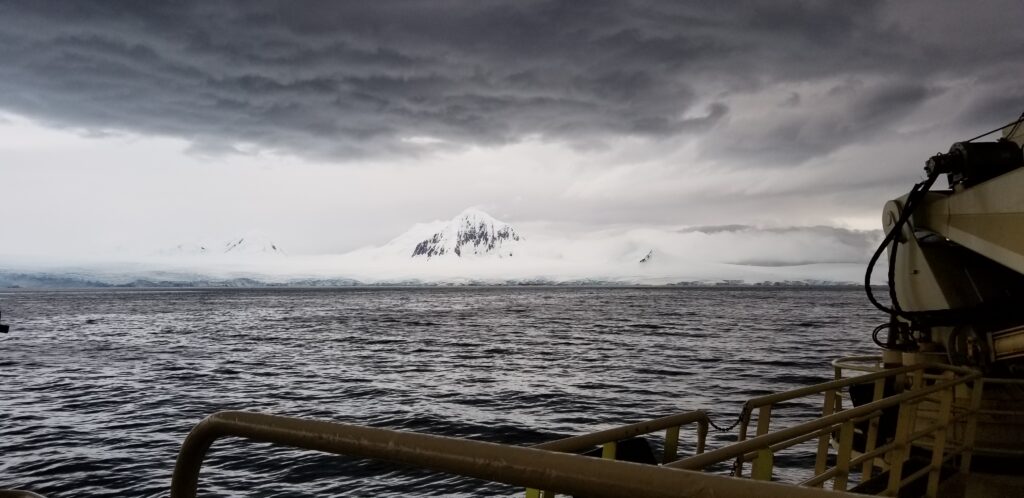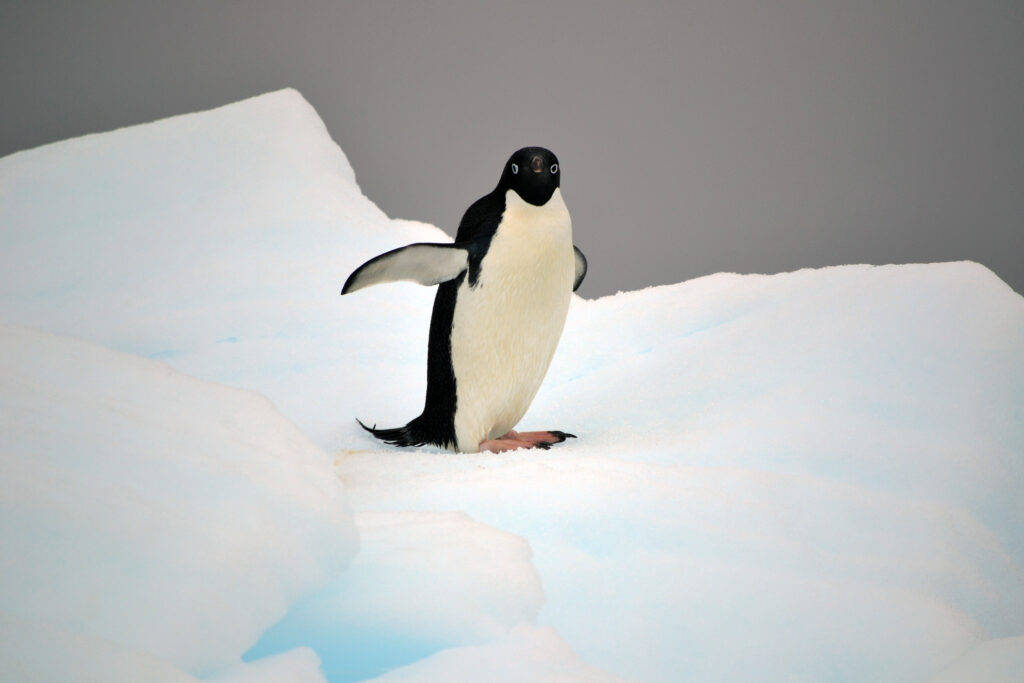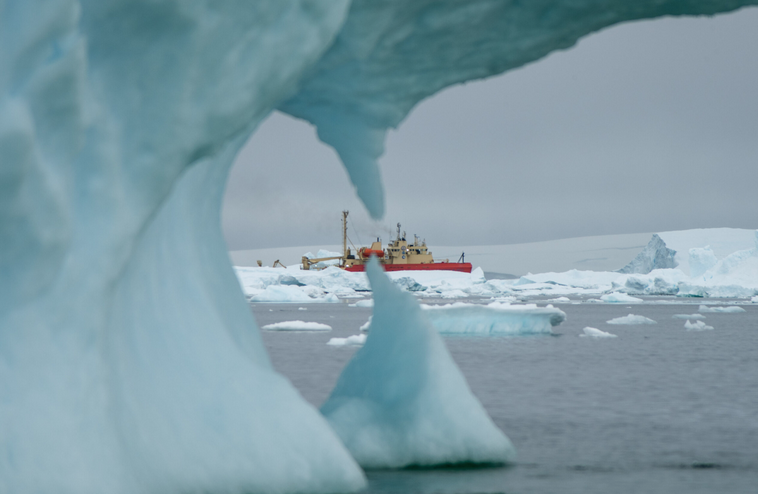The Palmer Station Long Term Ecological Research (LTER) program is focused on conducting a long term study on the warming West Antarctica Peninsula. For 30 years this project has been documenting how melting glaciers and reduced sea ice are altering the marine food web spanning from plankton to penguins. The project consists of 6 month surveys at Palmer Station sampling over seasonal scales and a month long ship expedition surveying a spatial area the size of Oklahoma. The cruise for 2020 is just being completed, marking the end of the field season. The team surveyed sea ice regions in the South to warmer locations to the north. The multi-University effort samples the ocean physics, chemistry, bacteria, phytoplankton, zooplankton, sea birds, and whales. The data collected will be synthesized for the rest of the year. This was a particularly warm ocean year, with a warm atmosphere, significant rain, and several gale-force storms. Despite the weather, the researchers accomplished all the goals that had been set by the science team. Prof. Oscar Schofield acted as Chief scientist for the effort, and was accompanied by Dr. Steve Ackleson (Naval Research Laboratory), two Rutgers graduate students (Jacqueline Veatch and Quintin DiouCass) and two Rutgers undergraduates (Gabrielle Rosenthal and Laura Wiltsee). Science research continues at Palmer Station through March, so there will be more updates to come from the LTER and Josh Kohut’s efforts with Project Swarm.



